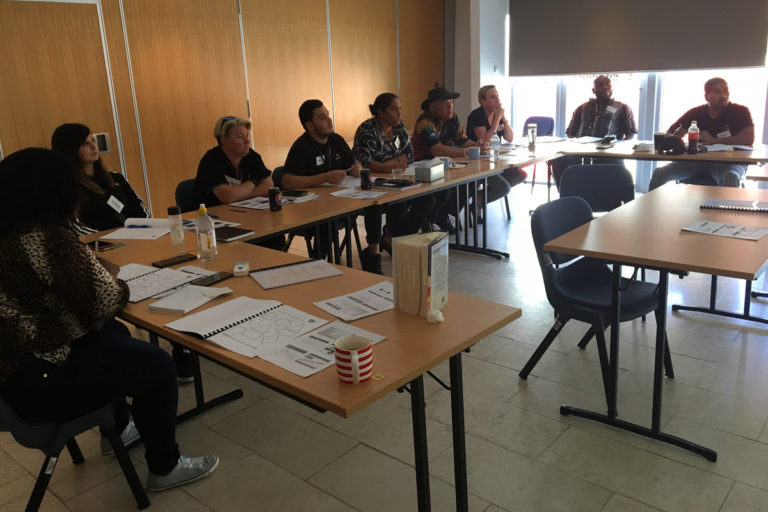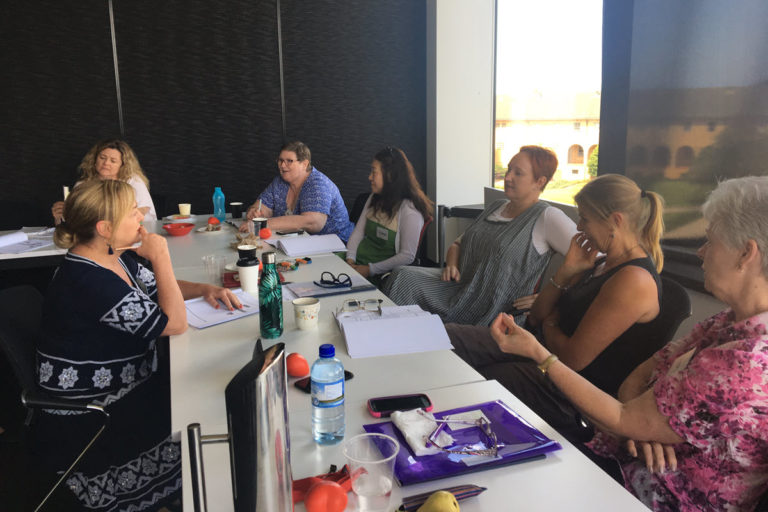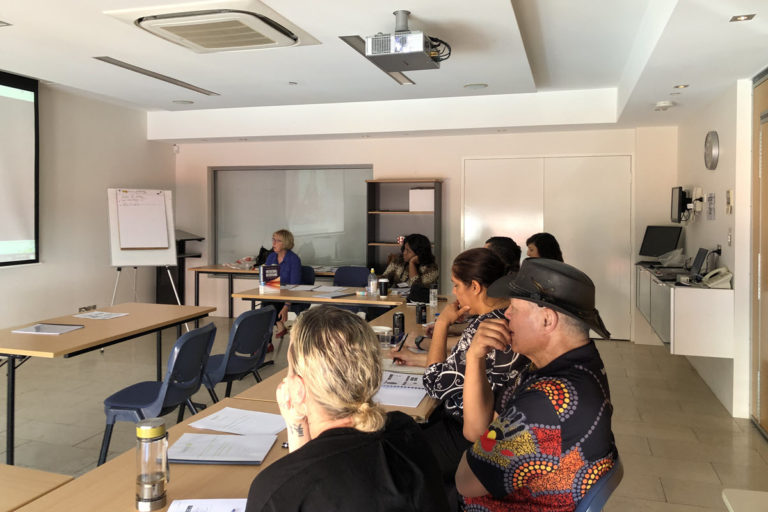The Power of Affirmation in Motivational Interviewing – Some thoughts & clues
What specifically is it in the Motivational Interviewing (MI) relationship that moves the client toward change? Recent research (Apodaca et al, 2015), examined therapist behaviours that elicit both change talk (client moving towards change) and sustain talk (client maintaining the status quo). Interestingly, the authors found that elements such as reflections and open questions increased the likelihood of both these client responses – sustain talk as well as change talk. The authors do not suggest that clinicians abandon the use of open questions and reflections as these skills are integral to the work of MI in facilitating open discussion about the clients hopes for the future and their ambivalence about change. They did, however, identify one element in MI that both increased change talk and reduced sustain talk. This was the use of affirmations. Watch this short video to help understand the power of affirmations.
So, what are affirmations? Affirming is about noticing and commenting on the positive aspects in a client (Gagneur 2020). However, not all affirmations need to come from you as the clinician. Often the most powerful and helpful affirmations are those the client generates about themself. Carl Rogers (1967), who is often referred to as the ‘father of humanistic counselling,’ wrote about the power of unconditional positive regard for the client. This means valuing the person as doing their best to move forward in their lives constructively and respecting the person’s right to self-determination no matter what they choose to do. Miller and Rollnick (2013) identify affirmation as a key element in the Spirit of MI and in building and maintaining a therapeutic relationship with the client. The use of affirmations identifies client strengths and acknowledges the clients efforts in their struggles.
Are affirmations the same as praise? Not exactly. Praise often feels to the client as though the therapist is making a judgement about them and can be experienced as somewhat parental and patronising. Consider the difference between the praising response, ‘I am impressed you didn’t smoke for 3 days this week’ and the affirming one, ‘Wow, you didn’t smoke for 3 days this week – how did you manage that?’ Notice how the second response keeps the word ‘I’ (the therapist), out of the response, and instead invites the client to identify some of their specific strengths around their struggle with smoking. This response affirms the clients efforts.
Of course, the therapist must genuinely mean the affirmations they offer, and affirmations must be honest and communicate respect for the client. There is now growing evidence (Apodaca 2015, Critcher et al 2010, Miller and Rollnick 2013 & Silveira 2020), that using such affirmations in MI reduces defensiveness and facilitates change for the client.
Veriti conducts regular Introduction to Motivational Interviewing workshops and can also provide in-house training. Contact us, or click here for more information or to register for our next MI workshop.
References
Apodaca, T.R., Jackson, K.R., Borsari, B., Magill, M., Longabaugh, N., Mastroleo, & Barnett, P. Which individual therapist behaviors elicit client change talk and sustain talk in motivational interviewing?, Journal of Substance Abuse Treatment (2015), http://dx.doi.org/10.1016/j.jsat.2015.09.001
Critcher, C.R., Dunning, D., & Armor, D.A. (2010). When self affirmations reduce defensiveness: Timing is the key. Personality and Social Psychology Bulletin, 36(7), 947-959.
Gagneur. A. (2020). Motivational interviewing: A powerful tool to address vaccine hesitancy
Published online 2020 Apr 2. doi: 10.14745/ccdr.v46i04a06
Miller, W. R., & Rollnick, S. (2013). Motivational Interviewing: Helping people change (3rd ed.). New York: Guilford Press.
Rogers, C. R. (1965). Client-centered therapy. New York: Houghton Mifflin.
Silveira, L.C.J., Aliti, G.B., Da Silva, E.M. et al. Effect of motivational interviewing in hypertensive patients (MIdNIgHT): study protocol for a randomized controlled trial. Trials 20, 414 (2019). https://doi.org/10.1186/s13063-019-3486-1







